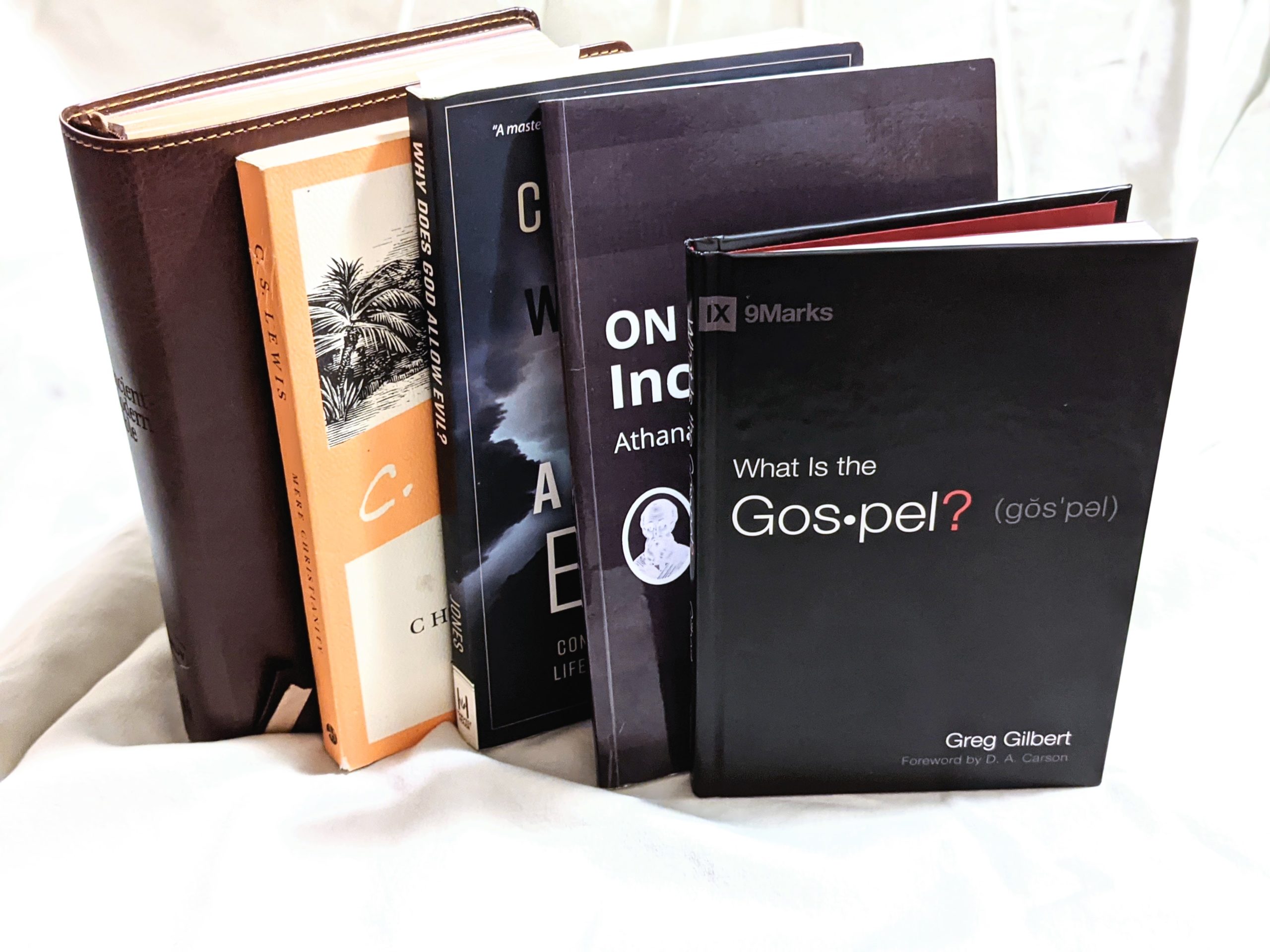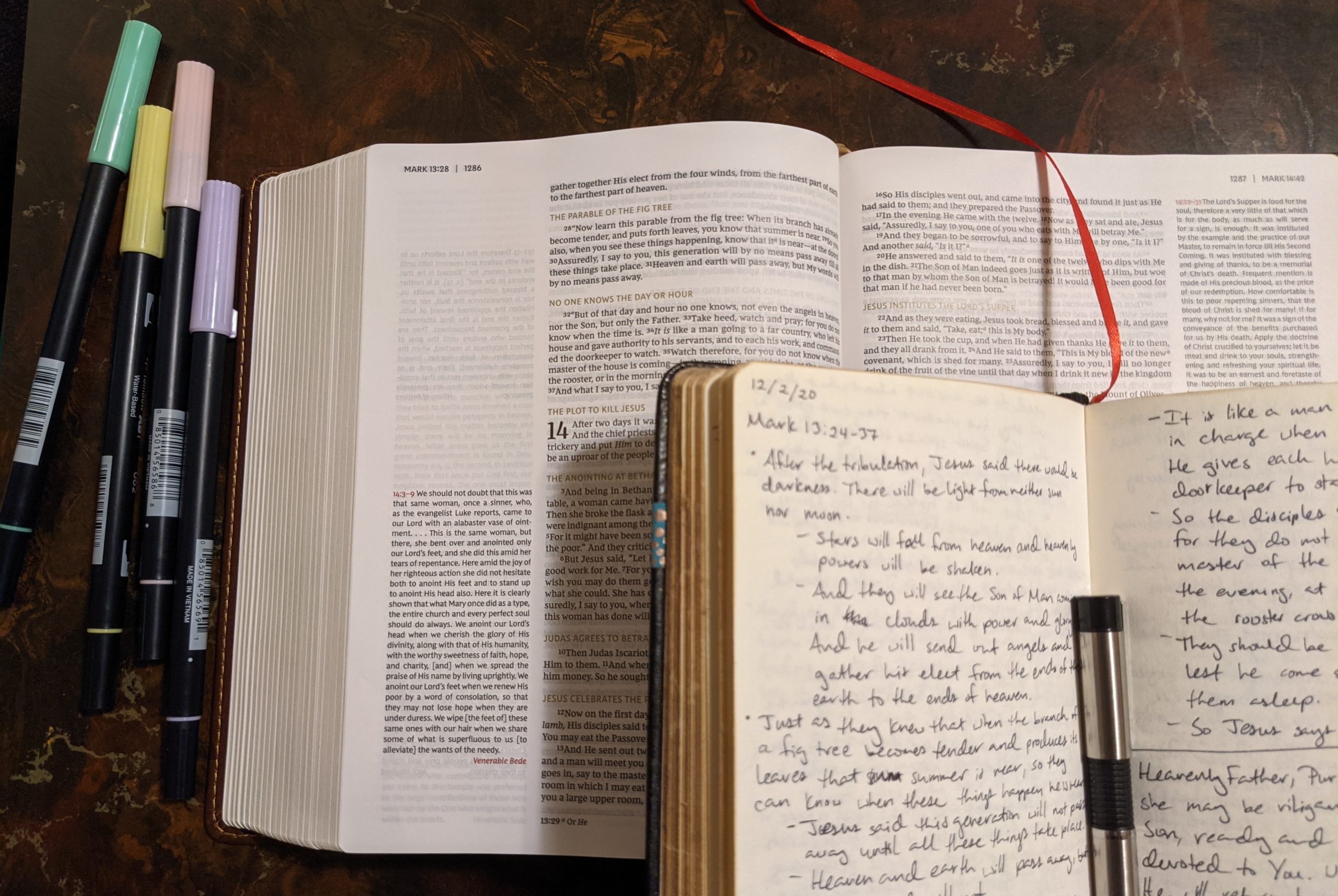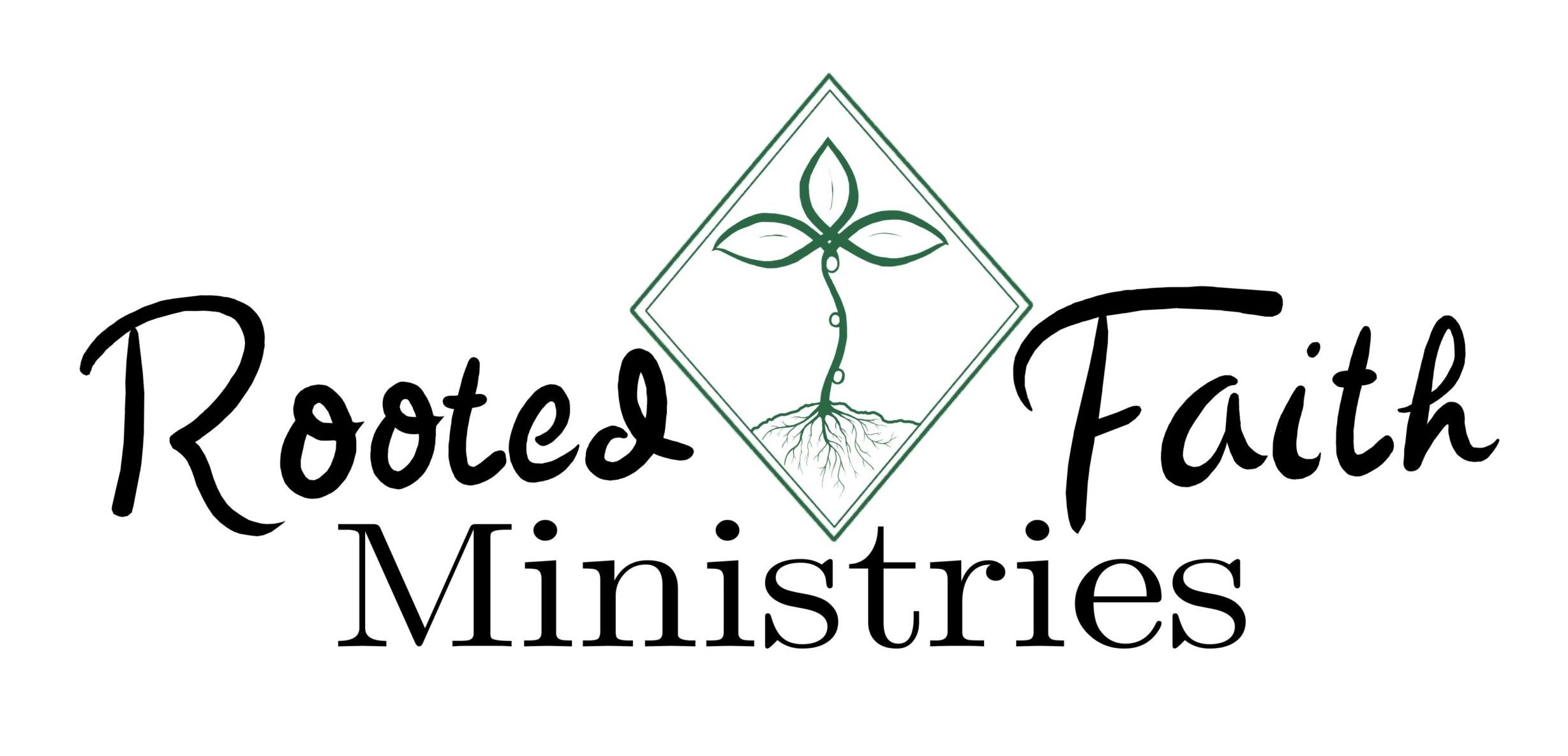
Five Theology Books Anyone Can Read
Five Theology Books Anyone Can Read
If you want to introduce theological study into your life, but are worried that the only way to do that is buy a five pound book, check out this list of five easy-to-read theology books. Studying theology can add so much value to the lives of everyday Christians, but it doesn’t need to be complicated. These books offer rich theology in accessible language suitable for beginners.
05
What is the Gospel? By Greg Gilbert
Number of Pages: 121
About the Author: Greg Gilbert is senior pastor of a church in Louisville, Kentucky, author, and contributor to Crossway and 9Marks.
From the First Pages: “An emaciated gospel leads to emaciated worship. It lowers our eyes from God to self and cheapens what God has accomplished for us in Christ. The biblical gospel, by contrast, is like fuel in the furnace of worship. The more you understand about it, believe it, and rely on it, the more you adore God both for who he is and for what he has done for us in Christ.” (1)
Considering that it’s the center of our Christian faith, there don’t seem to be that many books dedicated to nothing more than explaining the gospel. This book, however, takes up that task. Fairly short and easy to read, it still does a thorough job of considering the different aspects of the gospel, why they’re important, and how they work out for our good.
There are many misunderstandings and misconceptions of the gospel in the world today, so it is imperative that we understand the true gospel—the gospel accomplished by Christ, proclaimed by the apostles, and written in the Scriptures. That is Gilbert’s goal, to discover and explain the biblical gospel.
Throughout the book, Gilbert is careful and clear, providing Scripture references and using helpful examples as he explains each point in succession. In his foreword, D. A. Carson wrote that What is the Gospel? doesn’t break new ground so much as revisit old ground that never should have been abandoned.
We must keep the gospel central to our faith, but we can only do that when we understand it rightly. If the gospel is fuel in the furnace of worship then this book fans the flames, encouraging the furnace to burn higher and hotter, to lap up every drop of gospel truth and respond in fervent worship.
04
Why Does God Allow Evil? By Clay Jones
Number of Pages: 272
About the Author: Clay Jones is a Visiting Scholar at Talbot Seminary for the MA in Christian Apologetics program, chairman of the board of Ratio Christi, an author of two books to date, and speaker. For more information about him and to check out his blog, visit his website clayjones.net
From the First Pages: “We need to know God’s plan so that we can make sense of tsunamis, fires, cancers, strokes, rapes, tortures, and the fact that, except for the Lord’s return, the only thing that will prevent us from watching everyone we know die will be our own death.” (2)
In graduate school I had the privilege of having Clay Jones as a professor, including in his class called Why God Allows Evil. This book wasn’t released yet, but I bought it as soon as I was able. The topic is, of course, rather heavy, and the book reflects that—Dr. Jones doesn’t hold back—but it progresses with a mind to encourage you in the hope we have in Jesus Christ.
Throughout the entire book, Jones presents his concepts within the perspective of eternity. So while much of the book involves coming to grips with the gravity and severity of sin in this world, the second half considers questions and misconceptions of heaven and eternity.
Jones has taught on this topic for many years and I learned so much from him in his classes. I’m sure that anyone who reads this book will gain much from it as well.
03
On the Incarnation By Athanasius of Alexandria
Number of Pages: Varies
About the Author: Athanasius of Alexandria was a theologian of the early church, born at the turn of the fourth century. He was a great defender of the faith, arguing for the full deity of Christ, the full deity of the Holy Spirit, and affirming the Nicene Creed at a time when Arianism and other heresies were trying to sneak into the church. For his bold work he was exiled five times and dismissed from his bishopric.
From the First Pages: “It is [Athanasius’] glory that he did not move with the times; it is his reward that he now remains when those times, as all times do, have moved away. When I first opened his De Incarnatione I soon discovered by a very simple test that I was reading a masterpiece.” – C. S. Lewis (3)
This little book was originally written in Greek, but there are a few English translations of it, some of which are freely available from a variety of sources online. On the Incarnation stands as a classic of the Christian faith, explaining the necessity of the incarnation, death, and resurrection of Jesus Christ. It does so with both simplicity and theological depth.
Although the text is old it is accessible, especially the more modern translations, and C.S. Lewis’ introduction (an apologetic for reading old books) is also well worth reading.
02
Mere Christianity By C. S. Lewis
Number of Pages: 227
About the Author: Chances are good that you already know of C. S. Lewis, author of more than 30 books, including The Chronicles of Narnia, The Screwtape Letters, and many more. It’s been nearly 60 years since his passing, but his work remains loved by many.
From the First Pages: “Ever since I became a Christian I have thought that the best, perhaps the only, service I could do for my unbelieving neighbors was to explain and defend the belief that has been common to nearly all Christians at all times.” (4)
Mere Christianity has become a Christian classic known for its straightforward reasoning and imaginative examples. In it, Lewis puts his different questions forward leaving us the readers scratching our heads at their possible resolution. But then he gives us the explanation in such a way as to be so clear and simple that we may well wonder we didn’t think of them ourselves.
The writings collected in the book were originally delivered by C.S. Lewis himself on the radio during World War II. There are several times throughout the book when remembering the original audience deepens and provides context to the discussion. When Lewis talks about justice and morality he is not doing so as a dispassionate observer and his listeners were not practicing mere thought experiments. Lewis speaks as one who fought in the First World War, and his listeners were those facing the reality of the Second.
The theology of Mere Christianity is simple, but without compromising depth; it is plain, but still rich. Lewis’ goal was to describe what all Christians believe, mainly for the benefit of those who were not Christians. However, this does not mean it holds no value for those of us who are.
It is all too easy for us to get distracted by things of secondary importance and lose our first love. Sometimes we need to look at things from a different angle to get back on track. Sometimes we need a renewed understanding of what we believe and why we should believe it.
Mere Christianity can help us guide our thinking about Christianity and faith and will likely leave us with a new perspective. Both theology and apologetic, this book remains insightful and accessible nearly 70 years after it was first published.
01
The Bible By God, through human authors as inspired by the Holy Spirit
Number of Pages: Varies
About the Author: The King of the ages, immortal, invisible, the only God.
From the First Pages: “In the beginning, God created the heavens and the earth.” Genesis 1:1
The number one theological book, the book by which we judge all other theological books, is the Bible. Theology is the study of God and what better place to begin than with God’s revelation of Himself. Some books of the Bible are filled with rich theological expositions, others are narrative or poetic in nature, but all have something to teach us about God. A good theologian uses the truths revealed throughout the entire Bible to inform his theology.
The Bible is, of course, a bit longer than the rest of the books on this list, and certainly isn’t always easy to read, but it’s worth the effort. A study Bible or commentary are helpful tools as you read, especially for some of the more confusing passages.
A great place to start to get at the theological concepts in a passage of Scripture is to simply ask two questions. First, what does this passage teach about God? Second, what does this passage teach about humanity? You can certainly go deeper from there, and there are many more questions to ask of a passage when doing biblical interpretation, but these two questions can help as you train yourself to discover theology in the Bible.
Have you read any of these books before? If so, did you think of them as being books about theology? I encourage everyone to read the Bible, of course, but if you already have a Bible reading habit, starting one of these books is a great way to get more theology in your life.






One Comment
Pingback: